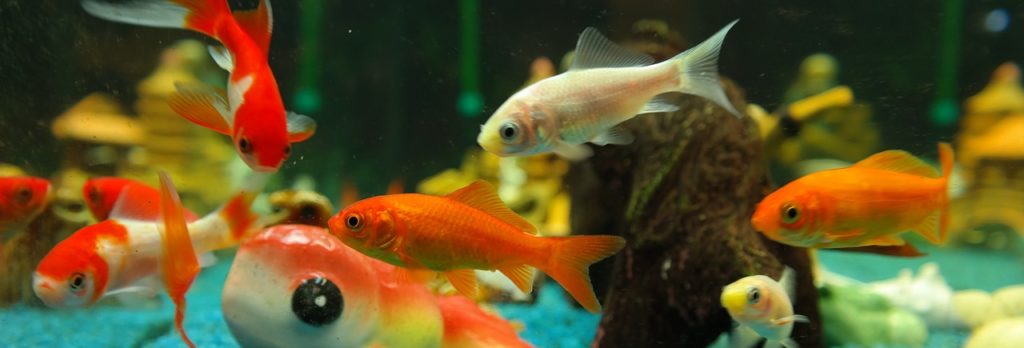There are situations and conversations in life that stay with me for a long time. Last week I had such a conversation, and I want to use it to exemplify something that I theoretically know but practically struggle to apply: to be true to myself.
Being different
The story went like this: I live in a very small Swedish town where my daughter attends preschool. All her classmates live in the same town or very close by, and it’s generally a close-knit community. I came into this community a little under two years ago. We moved from Australia to Sweden, are currently learning the language, all while getting a sense of what life is like in Sweden and our small town. Into that notion came my daughter’s invitation to a playdate at her friend’s house.
We have had playdates before in Australia where I would organise them with the respective mother, and us adults would sit down for a coffee while the kids played.
My daughter is now both older, and we live in a completely different culture. While in Australia, childhood is restricted, in Sweden, it’s not. Our preschool regularly takes the kids out to the forest or the community hall for events without us parents being informed about it weeks in advance – the complete opposite to Australia.
With this hands-off experience in mind, I went with my daughter to her friend’s house.
I might say again that we live in a very small town where people know each other. I hadn’t met my daughter’s friend’s parents before, but I knew the house.
So, we arrived at the house, and because I didn’t want to be strange and foreign, I briefly said hello to the parents (I had seen them before but only from afar) and then left my daughter to play with her friend. I didn’t want to impose on the parents with my presence. I thought that’s what Swedes do.
Weeks later and after multiple playdates back and forth, I needed to talk to my daughter’s friend’s mother about our playdates. I made a point of announcing myself beforehand and made sure that it was okay for me to stay longer. We ended up talking for the entire time our kids were playing, including about the fact that the first time we met.
I could have stayed and neither of us knew what was appropriate to do. I left later that afternoon, feeling delighted about the fact that I had a good conversation and to have had the opportunity to talk about some things that had been on my mind. However, I was also reminded about the fact that I had given in to something I perceived to be expected of me rather than to listen to myself the first time we met. My real insight that day was that there was no reason for me just to do what everyone else is doing even if I run the risk of looking strange.

Fitting in
I think it comes back to a general need of wanting to fit in. As children, we are told that just because one person jumps off the bridge, we should learn to know the difference and not to jump as well. As adults, however, we seem to lose that insight and would instead jump off the bridge with everyone else.
Why do we, as adults, aim to try to fit in rather than to stay true to who we are and what we think is right and wrong? Why do we suddenly turn to everyone around us to tell us what’s right and what isn’t? I don’t know the answer to any of these questions but the conversation I had with that mum reminded me of it again. Why would I not go with what I would have wanted but instead stayed where I thought I should be?
I assumed something about my counterpart, my daughter’s friend and her parents that was based on nothing. It was something I had created without (or with minimal) evidence in real life. It wasn’t the first time, and it won’t be the last. Yes, I have a whole bouquet of excuses for it – from being new to Sweden to wanting to extend the trust that others in our community (seem to) operate on.
The reality, however, is that I thought about the situation and came to a conclusion without any evidence to back it up. And this pill was a tough one to swallow. What kept me from asking to stay longer and to have a chat? Only I did – me and my perception of what will probably be expected of me.

Expectations
Expectations are a funny thing because they often lead us down wrong paths. They grow in our minds and are rarely verbalised. I expect you to behave a certain way and I will be disappointed if you don’t. Hand to heart, how often do you get disappointed in someone because that person did not meet your expectations? I have countless examples – but I’m rarely the problem. I get angry, but it’s usually not my fault for doing so. The truth here is that this assumption is false: it is my problem and mine alone. If you disappoint me in a certain way, then that’s my problem because I expected something of you.
The example I described with my daughter’s friend’s mum was even one step further: I pre-assumed the expectation that might be placed on me. I thought I knew what my counterpart thought would be right. Little did I even consider that I might be wrong. To question the thought that my expectation might be false didn’t even cross my mind. Instead, I acted in accordance with a mental image of how a parent in Sweden should behave.
I have to admit that writing about this whole situation and resulting conversation makes me feel stupid. And it also reminds me of the fact that I’m not where I want to be in regards to those around me. I don’t want to presuppose anything about anyone. And while this wish applies to other people, I also need to learn to apply it to myself. What does it mean then to live without presupposition about my own behaviour? I think the answer lies in self-reflection. What is it that I want and what feels right to me? In the case of our little community and my relationship to the community, I will have to learn to stay true to what I want. Those moments might present themself in tiny steps or in massive moments. And it will continue to be a balancing act.
The truth is that I don’t like feeling like I’m an outsider. Putting on a brave face and going with the flow, that’s something I adopted throughout my adult life. I would jump off the bridge with everyone else. Watching others and learning from their behaviour has taught me a lot about other people and different cultures over the past decades. But, where am I with my needs in this web of expectations and norms? What is it that’s important to me, and where do I feel comfortable adopting a new mentality? Those question will be with me for the rest of my life. Although I chose to live in Sweden and I love living here, I will continue to wonder if my view of things matches that of others. What is my counterpart expecting of me?
Now it’s my turn to ask myself: what do I need to feel secure in this situation?

